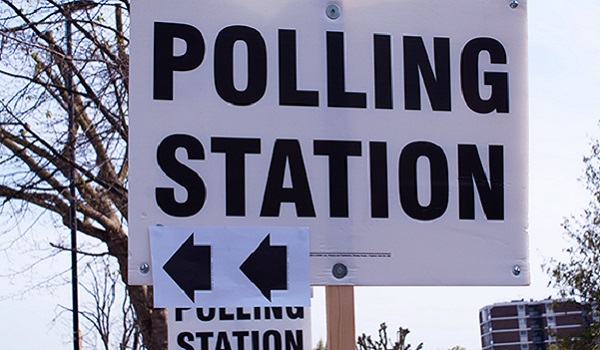Radical change needed in approach to UK drugs policy
MPs have called for a radical change to the UK’s “failing” drugs policy, including decriminalisation of possession for personal use.
The Health and Social Care Committee says the rate of drug-related deaths has now risen to the scale of a public health emergency.
In its report on drugs policy published today (October 23), the committee said: “In England in 2018 there were 2,670 deaths directly attributed to drug misuse, an increase of 16 per cent since 2017– if other causes of premature death among people who use drugs were included, it is likely that this figure would approximately double. Evidence heard throughout this inquiry leads the committee to conclude that UK drugs policy is clearly failing.”
The committee recommends a shift in drugs policy from the current criminal justice approach to a health approach, with responsibility moving from the Home Office to the Department of Health and Social Care. This health focused and harm reduction approach would not only benefit those who are using drugs but reduce harm to and the costs for their wider communities, it says.
It is encouraging the Government to consult on the decriminalisation of drug possession for personal use from a criminal offence to a civil matter.
The committee says the Government should also examine the Portuguese system, where decriminalisation was implemented as part of a comprehensive approach to drugs, which included improved treatment services, the introduction of harm reduction interventions and better education, prevention and social support.
“Decriminalisation of possession for personal use saves money from the criminal justice system and allows for more investment in prevention and treatment,” it adds.
However, the committee warns that decriminalisation will not be effective without investing in “holistic” harm reduction, support and treatment services for drug addiction.
“Doing so would save lives and provide better protection for communities,” it adds.
“Sufficient funding should be made available to ensure that harm reduction services that save lives – including needle and syringe exchanges and take-home naloxone – are accessible to all those who could benefit from them.” Any investment should be accompanied by a centrally coordinated clinical audit to ensure that guidelines are being followed in the best interests of vulnerable patients.The committee also recommends the introduction of controversial drug consumption rooms on a pilot basis in areas of high need, accompanied by robust evaluation of their outcomes.
Dr Sarah Wollaston MP, chair of the Health and Social Care Committee, said the recommendations put forward in the report propose changes to drugs policy that are “desperately needed to prevent thousands of deaths. Every drug death should be regarded as preventable and yet across the UK, the number of drugs-related deaths continue to rise to the scale of a public health emergency. UK drugs policy is clearly failing.
“Avoidable drug deaths are increasing year on year across the UK but there has been a failure to act on the evidence. Scotland is particularly hard hit with the highest death rate in Europe,” she added.
Dr Wollaston said a holistic approach centred on improving the health of and reducing the harm faced by drug users, as well as increasing the treatment available, must be a priority going forward.
“This approach would not only benefit those who are dependent on drugs but benefit their wider communities. We have focused on the evidence and call for the Department of Health and Social Care to take responsibility for drug policy going forward instead of the Home Office,” she said.
“The Government should learn lessons from the international experience, including places like Portugal and Frankfurt. It should consult on the decriminalisation of drug possession for personal use from a criminal offence to a civil matter. Decriminalisation alone would not be sufficient. There needs to be a radical upgrade in treatment and holistic care for those who are dependent on drugs and this should begin without delay.”
The Association of Police and Crime Commissioners’ lead for alcohol and substance misuse, Hardyal Dhindsa, said: “While we would echo the committee’s call for increased resources as a matter of urgency, and know first-hand the importance of investment in evidence-based drug treatment services locally, this needs to be part of a comprehensive package of education, prevention and other support measures focused on the prevention of drug use among young people and other vulnerable people.
“Police and crime commissioners (PCCs) have consistently advocated this approach and agree with the committee that the focus should be on health and harm reduction.”
The Derbyshire PCC added that all PCCs were committed to reducing drug-related deaths, drug-related crime and the other harms to society that drugs misuse brings. “PCCs continue to work across local partnerships, piloting innovative and evidence-based approaches to both harm reduction and reducing demand for drugs,” said Mr Dhindsa.
“Nationally we continue to make the case for evidence-based policy and services to the Government through our membership of the Home Secretary-chaired Drugs Board and our participation in the Independent Review of Drugs, chaired by Dame Professor Carol Black.”







